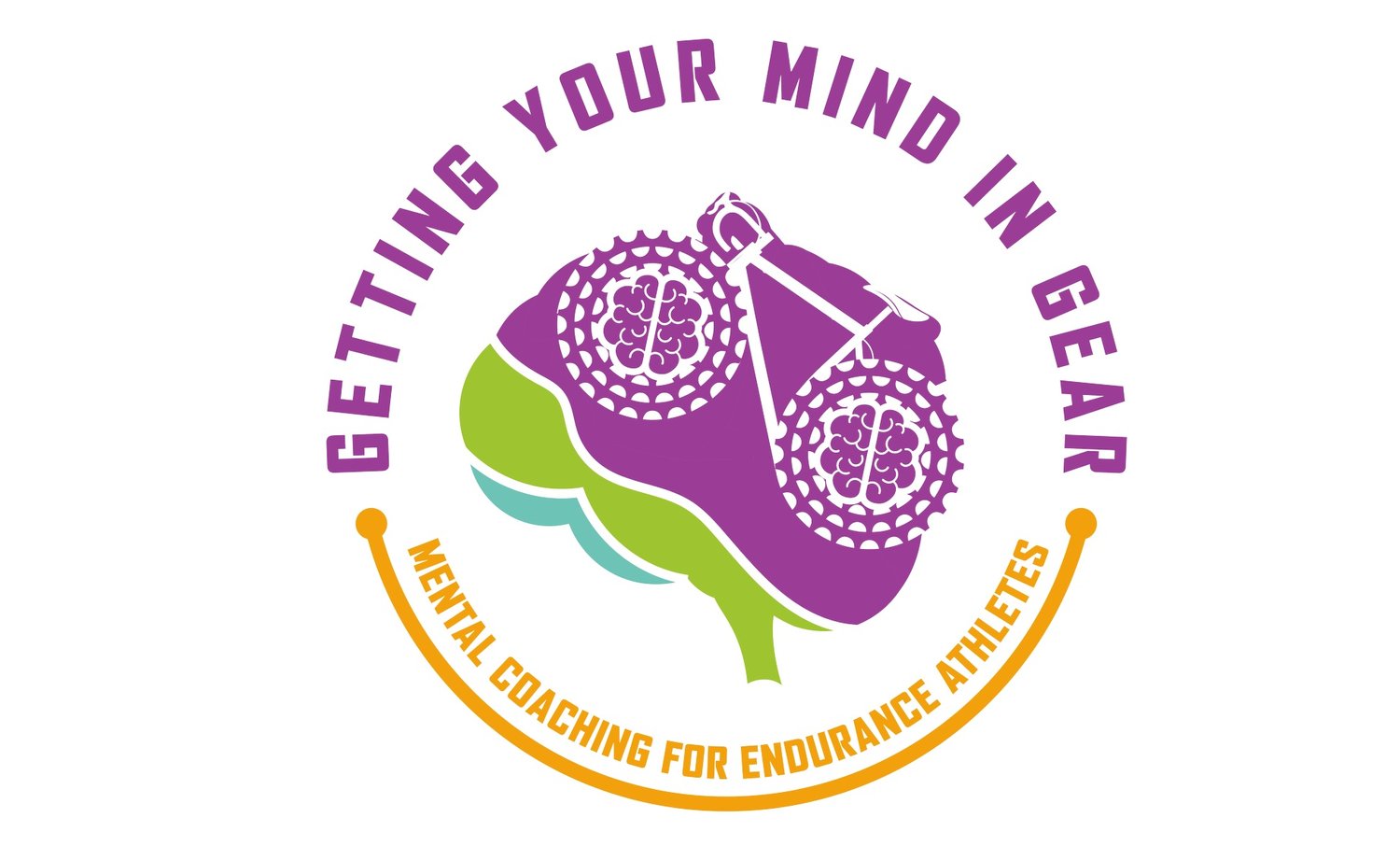Beyond the Metrics: When "Healthy Eating" Becomes an Obsession
Endurance athletes. We're a special breed, aren't we? Famous (or perhaps infamous) for tracking nearly everything: power, pace, hours of sleep, steps, body battery, resting heart rate, HRV… the list goes on. We can get a bit obsessed with the numbers, and frankly, that obsession is a topic for another blog entirely!
For this discussion, I want to pivot to another seemingly common area of intense focus: our food. We monitor, we track, and we strive relentlessly for what we deem "healthy eating."
But let's pause for a moment. What does "eating healthy" even mean? Does it mean eating "natural"? (Spoiler alert: that's mostly a marketing term with no real scientific meaning – I could serve you backyard dirt, and it would technically be "natural"). Does it mean eating only organic? How about exclusively a plant-based diet? Oh, I know, eating healthy is about not eating after 6 PM!
The truth is, none of these, taken alone, fully encompass healthy eating. I'm not sure there's one single, universally agreed-upon definition. For me, "healthy eating" looks like this: a balanced intake of carbohydrates, fats, and protein; eating enough to fuel your day and your training; eating for enjoyment; and eating in community.
However, there's a darker side to an endurance athlete's fervent pursuit of "healthy eating," and it's a concept increasingly being discussed: orthorexia.
While not yet a formally recognized diagnosis in the DSM (the diagnostic manual for mental health professionals), orthorexia describes a pattern of behavior that can be genuinely disruptive to a person's overall well-being and social connections.
What does orthorexia look like?
Individuals struggling with orthorexia develop an intense, often rigid, preoccupation with the "purity" or "quality" of the food they eat. This isn't just about making good choices; it often escalates to:
Excluding foods without medical necessity: They might cut out entire food groups (like dairy, gluten, or sugar) even without allergies, intolerances, or other medical reasons, based on a belief that these foods are "unhealthy."
An intense focus on "clean" eating: This can lead to elaborate rules around food preparation, ingredients, and even where food is sourced.
Rigid thinking and anxiety: Any deviation from their self-imposed dietary rules can trigger significant anxiety, guilt, or shame.
Disruption of social interactions: Dining out, attending social gatherings, or simply sharing a meal with friends and family can become incredibly stressful or impossible if the food doesn't meet their strict criteria. This can lead to isolation.
Nutritional deficiencies: Paradoxically, the pursuit of "health" can lead to a diet so restricted that it actually lacks essential nutrients.
Impact on performance: For endurance athletes, inadequate fueling due to extreme dietary restrictions can lead to fatigue, poor recovery, increased injury risk, and diminished performance.
It's crucial to understand that orthorexia isn't about the quantity of food eaten (as in anorexia or bulimia), but rather the perceived quality and purity. It's a mental preoccupation that goes far beyond simply aiming to eat well for performance and health.
It’s not just physical:
Orthorexia has mental, not just physical consequences. Having significant rules about food can lead to:
Anxiety and stress: Strict food rules lead to anxiety and stress regarding food choices, food preparation, and access to food choices. They may worry about “good” or “bad” food choices. They may experience significant distress when in situations when their strict food rules cannot be easily followed. This constant vigilance can be exhausting!
Guilt and shame: When not able to follow their strict food rules the person may feel great amounts of guilt and or shame, which can lead to self punishment.
Social isolation and withdrawal: The person with orthorexia may not engage in social activities due to the strict rules. Food is often the cornerstone of many social activities. We meet at restaurants, we celebrate with special treats. We come around the dinner table (to be together as a family, to share meals with loved ones). For some with orthorexia it may be easier to not engage in these social activities than to cope with the feelings of guilt and shame from violating their eating rules.
Rigid thinking and inflexibility: I have mentioned rigid thinking several times already. What does that actually mean? It’s black and white thinking. Something is right or wrong. There is no room for nuance, or grey. The truth is, life is not black or white. Food is not good or bad. Rigid thinking makes it impossible to be flexible, to adjust to the moment.
Depression: A person’s mood will drop if they are frequently anxious and stressed, socially isolated, feeling a great deal of guilt.
Where do we draw the line?
As athletes, we naturally care about what we put into our bodies. Fueling well is integral to our training and performance. But when does that healthy awareness tip into an unhealthy obsession?
If your pursuit of "healthy eating" is causing you significant distress, isolating you from others, impacting your ability to enjoy food, or leading to feelings of guilt and anxiety, it might be time to reflect. Remember, true health encompasses not just physical well-being, but mental and social health too.
In future blogs, we'll explore strategies for fostering a healthier relationship with food, embracing flexibility, and recognizing when it might be time to seek support. For now, let's start the conversation. Have you ever found yourself caught in the trap of overly rigid "healthy" eating? Share your thoughts in the comments below.
